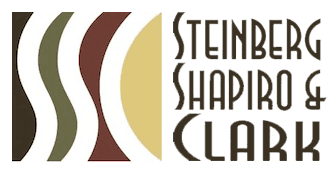Business Bankruptcy and Restructuring
Business insolvency issues are often complex. No two cases are identical due to the various parties involved, each with their own agenda. That's why it is imperative to work through seasoned legal professionals, like the attorneys at Steinberg Shapiro & Clark, who have extensive experience representing debtors in business bankruptcy cases throughout the State of Michigan.
Chapter 11 Bankruptcy
Chapter 11 bankruptcy is intended primarily for the reorganization of businesses, but is also available to individuals; particularly sole proprietors and persons who have guaranteed the debts of their business.
Through Chapter 11, a business can restructure or reduce its debt through a plan of reorganization (i.e., repayment plan), while retaining possession of its assets and operating under court supervision and protection from creditors. The business proposes a plan to the court to restructure its financial obligations by modifying payment terms and reducing payment amounts. Flexibility in proposing repayment terms and creditor treatment is the hallmark of Chapter 11.
Having the ability to operate a business without interference from creditor collection efforts allows management to reallocate resources and form a plan to turn the business around, maximizing the return for creditors. Under Chapter 11, a business may also sell off assets to reduce its debt or conduct an orderly liquidation.
A Chapter 11 plan must be voted on by creditors and approved by the court. If the plan is reasonable, proposed in good faith and in compliance with the law, the court typically will confirm it. Once the plan is confirmed, all obligations not expressly set forth in the plan are "discharged," regardless of whether a creditor has filed a claim, has an allowed claim, or accepts the plan. At this point, the debtor is required to repay creditors in the manner set forth in the reorganization plan.
Discharge rules are different for an individual who is a Chapter 11 debtor. The general rule is that confirmation of an individual's Chapter 11 plan does not result in a discharge of debts other than those set forth in the plan of reorganization. Absent a finding of cause, the individual Chapter 11 debtor obtains a discharge only upon completion of all payments required under the confirmed plan of reorganization.
Chapter 12 Bankruptcy
Chapter 12 is the chapter used by farmers or commercial fisherman to reorganize their debts and continue operating their farms or fishing operations. The advantage of Chapter 12 is the reorganization plan will allow payments to be made seasonally, when the farmer or fisherman earns money. The limitation of only being able to restructure loans in a five-year period in Chapter 13 cases is not a limitation in Chapter 11 or Chapter 12 cases.
Out-of-Court Workouts and Restructuring
Sometimes bankruptcy is not a viable option. The costs of filing a bankruptcy, including filing fees, legal costs, and creditor costs are often expensive. The ability of a creditor's committee or a trustee in bankruptcy to investigate the debtor's financial affairs can be unduly intrusive. Depending on your circumstances, debtors may be able to restructure their debt by agreement or negotiate a settlement with creditors. Out-of-court workouts are less expensive than bankruptcies and avoid intrusive investigations into the activities of the principals of the debtor entity. When it comes to workouts, timing is everything. If a struggling business waits too long, the opportunity to refinance loans and rebuild credit may be lost.
If you are a business owner having financial concerns, call us at 248-352-4700
to discuss all the financial alternatives available and determine what is right for you. The sooner you reach out, the more options you are likely to have.

